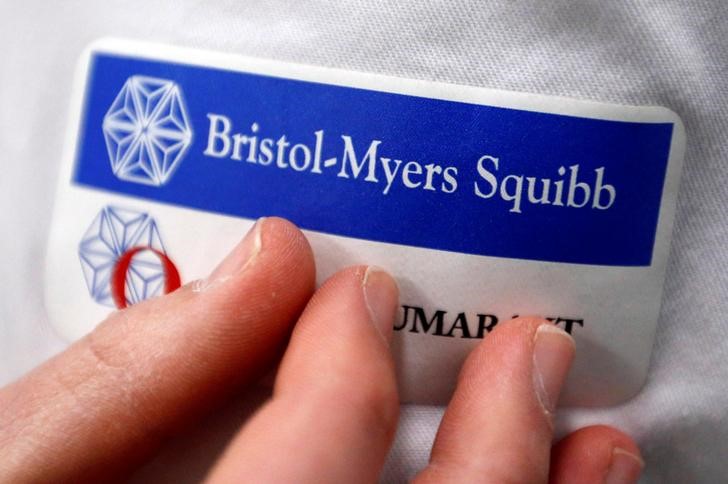Is this U.S.-China selloff a buy? A top Wall Street voice weighs in
Karuna Therapeutics Inc . (NASDAQ: NASDAQ:KRTX) is on the cusp of becoming a wholly owned subsidiary of Bristol-Myers Squibb (NYSE: NYSE:BMY), as a key regulatory hurdle has been cleared. The waiting period under the Hart-Scott-Rodino Antitrust Improvement Act of 1976 (HSR Act), which is a requirement for the merger to proceed, expired on Tuesday night, signaling a green light from antitrust authorities.
This development follows a series of strategic moves, starting with the initial merger agreement announced on December 22, 2023. To facilitate a thorough review by the Antitrust Division of the Department of Justice and the Federal Trade Commission (FTC), Bristol-Myers Squibb, in coordination with Karuna, withdrew and subsequently refiled its notification in early February 2024.
The expiration of the waiting period fulfills one of the necessary conditions for the merger's completion. Another significant step toward the merger was taken on Monday when Karuna's shareholders voted in favor of the agreement during a special meeting.
With these regulatory and shareholder approvals in place, the transaction is poised to be finalized as early as March 18, 2024, provided the remaining closing conditions are met or waived.
This merger represents a pivotal moment for Karuna Therapeutics, a biopharmaceutical company focused on developing novel treatments for neuropsychiatric diseases. Upon completion, Karuna will operate as a subsidiary of global biopharmaceutical company Bristol-Myers Squibb, which is known for its prescription pharmaceuticals across several therapeutic areas, including cancer, HIV/AIDS, cardiovascular disease, diabetes, hepatitis, rheumatoid arthritis, and psychiatric disorders.
The information for this article is based on a press release statement.
InvestingPro Insights
As Bristol-Myers Squibb (NYSE: BMY) approaches the completion of its merger with Karuna Therapeutics, investors may find it helpful to look at some key financial metrics and InvestingPro Tips to gauge the company's current financial health and market position. Bristol-Myers Squibb's management has been actively engaging in share buybacks, signaling confidence in the company's value (InvestingPro Tip). Additionally, the company boasts a high shareholder yield, which could be attractive to investors looking for returns in the form of dividends and share repurchases (InvestingPro Tip).
From a valuation standpoint, Bristol-Myers Squibb is trading at a low P/E ratio of 13.72, which is even more appealing when considering the adjusted P/E ratio for the last twelve months as of Q4 2023, standing at 11.28. This positions the company favorably relative to its near-term earnings growth potential. Moreover, Bristol-Myers Squibb has a PEG ratio of 0.44 for the same period, which may indicate that the stock is undervalued based on its earnings growth expectations.
Investors should note that the company's revenue for the last twelve months as of Q4 2023 was $45.01 billion, with a gross profit margin of 76.63%, reflecting strong profitability. Despite a slight revenue decline of -2.5% during this period, the company's robust gross profit underscores its ability to maintain healthy margins.
Those interested in further insights can find additional InvestingPro Tips for Bristol-Myers Squibb, which delve deeper into the company's financials, market trends, and forecasts. There are a total of 9 more tips available on InvestingPro, which can be accessed at: https://www.investing.com/pro/BMY. For those looking to subscribe, make sure to use the coupon code PRONEWS24 to get an additional 10% off a yearly or biyearly Pro and Pro+ subscription.
This article was generated with the support of AI and reviewed by an editor. For more information see our T&C.
